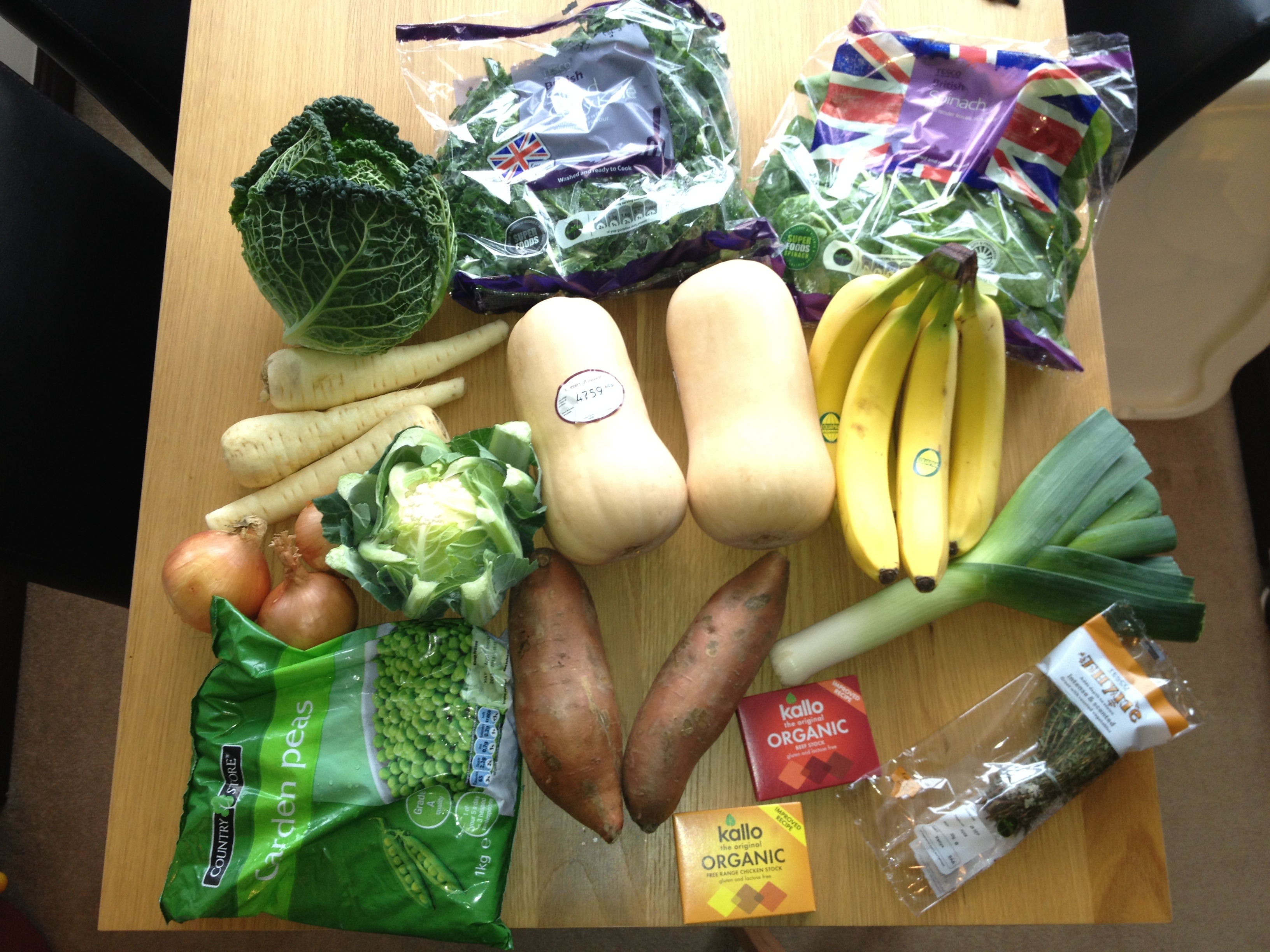The Importance Of Fibre In Your Diet
The media have done an impressive job in making the public aware of the importance of fibre, particularly its role in reducing the risk of coronary heart disease and cancer. But did you know that fibre also can help you achieve your weight-loss goals?
Despite the health benefits, many of us are not getting anywhere near enough fibre in our diets. There are numerous reasons for this – from dietary education to various food processing methods can stripping fibre from the food.
Arguably the main reason we are consuming less fibre is that we don’t consume enough fibrous carbohydrates. The main source of carbs should be fibrous (vegetables). Fibrous carbohydrate typically have very low carbohydrate content, but by means of its key role in digestive health and creating a sense of fullness, fibre can help you lose weight. By the way, for every gram of fibre consumed you will lose about 2.2 points on your LDL cholesterol score.
The inherent high fibre of vegetables brings about a very moderate insulin response, thus making them an ideal fat loss food. As Handy Plan members know, controlling insulin and other blood hormones using food and is the most important aspect of fat loss.
The best sources of fibrous carbs include the following:
• Broccoli
• Lettuce
• Cabbage
• Cauliflower
• Mushrooms
• Green beans
• Onions
• Asparagus
• Cucumber
• Spinach
• All forms of peppers
• Zucchini
• Cauliflower
Grains obviously have fibre, but not as much as you think. A slice of white bread may contain only 0.5 grams of fibre, whereas a slice of whole wheat may contain 2 grams per slice. Compare those numbers to a cup of beans containing 17 grams and a cup of raspberries containing 8 grams and you quickly begin to realise we have been spun a bit of a yarn when it comes to the fibre content of grains!
Also, grains contain gluten, and a large percentage of the population is gluten sensitive. One great idea is that instead of using bread for sandwiches, use dark leafy greens to wrap the meat. It will lower the glycemic index and help shift the acid/alkaline base in your favour.
Because food intolerances to specific fibres develop rapidly, making the fibre useless by causing inflammation and impeding detoxification. This can be solved using a fibre protocol – rotate the fibre you take and begin the protocol gradually.
The message is now clear: Fibre is critical to good health and belongs in every weight-loss protocol. It’s time to make a serious effort to put more fibre on your plate!


Hey Steve,
another great article! I like the suggestion of using dark leafy greens instead of bread!
Thanks Andi! As for the vegetables instead of bread, it really works!